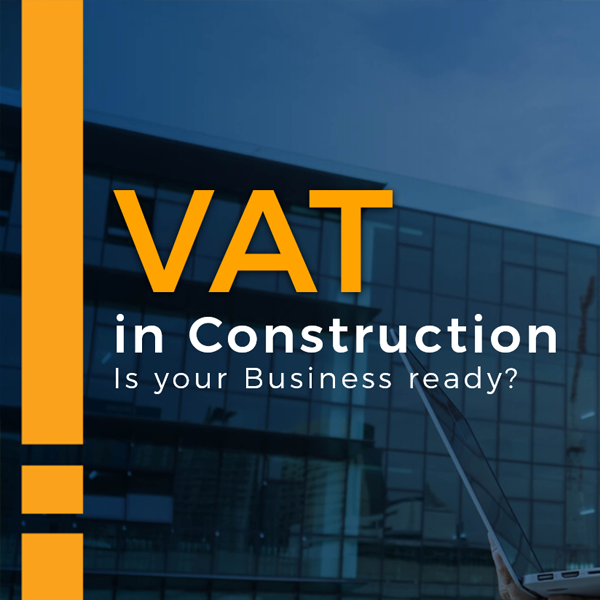ERP vs Construction ERP vs BIM

We live in a digital age and the pace of development is astonishing if not alarming. You only have to take the mobile phone as an example and how we have gone from carrying a phone to a fully functional messaging, internet and communication tool in less than a decade. Add to that the extent of other burgeoning technologies such as 3D printing, big data, virtual reality and the power of internet or social media and we are already living in a data driven world. In adapting to this fast-paced environment, there is a danger that we haven’t developed our business practices whereas newer companies, who came to life during this time, steal a lead in the market as innovators. Enterprise resource planning (ERP) was developed for just this reason and is in full swing in all sectors of industry.
The roll out of ERP for construction companies, however, was not the smooth and seamless endeavor accomplished elsewhere. In the construction world, it is still not uncommon for businesses to run on autonomous systems (non-integrated) with spreadsheets and paper trails attempting to link them together. But why? Why has the technology that has transformed other industries had a rough start in the area of construction?
What is Construction ERP and What is Building Information Modelling?
Considering ERP for construction, we need to discount more standard solutions that work as a more finance and HR focused platform. ERP for Construction needs to completely integrate all aspects, processes and operations in designing, building and maintaining the built environment. In fact, the construction industry is all about physical assets delivered through complex projects and not distribution or movement of products which traditional ERP systems are based upon.In the construction arena, new technologies such as Building Information Modelling (BIM) have taken route, but is this an alternative to Construction ERP?
BIM is currently focused on the design and final hand-over processes and ensuring standards relating to the consistency of data being passed to the owner or operator rather than how BIM integrates with the entire business and operating systems. To ensure projects are delivered more quickly and on or under budget (the assumed and stated rationale behind BIM), BIM will have to become part of the integrated systems focusing on the ‘big picture’ along with other new technologies and systems that are coming on-line and how they are integrated with Construction ERP.
Long before the process of handover, key factors that need to be controlled in delivery of projects on time and budget include estimating, project management, procurement, cost control, contract management, variation control, material control, plant and equipment management, sub contract management, and construction management. These elements are not supported in a traditional product based ERP and aren’t covered in design based BIM systems but are all elements of a true Construction ERP solution. In essence, BIM should be part of or at least able to integrate with a true Construction ERP and not viewed as an alternative.
Trying to utilise a traditional ERP developed for the retail or manufacturing industry in a construction context would be akin to digging a building’s foundations with a teaspoon.
Long before the process of handover, key factors that need to be controlled in delivery of projects on time and budget include estimating, project management, procurement, cost control, contract management, variation control, material control, plant and equipment management, sub contract management, and construction management. These elements are not supported in a traditional product based ERP and aren’t covered in design based BIM systems but are all elements of a true Construction ERP solution. In essence, BIM should be part of or at least able to integrate with a true Construction ERP and not viewed as an alternative.
Trying to utilise a traditional ERP developed for the retail or manufacturing industry in a construction context would be akin to digging a building’s foundations with a teaspoon.
Interested in learning more - "What Is ERP And How Can It Help My Business"
Most Recent
Ready To Take Your Business To The Next Level?
Let's talkDownload our free Ebook
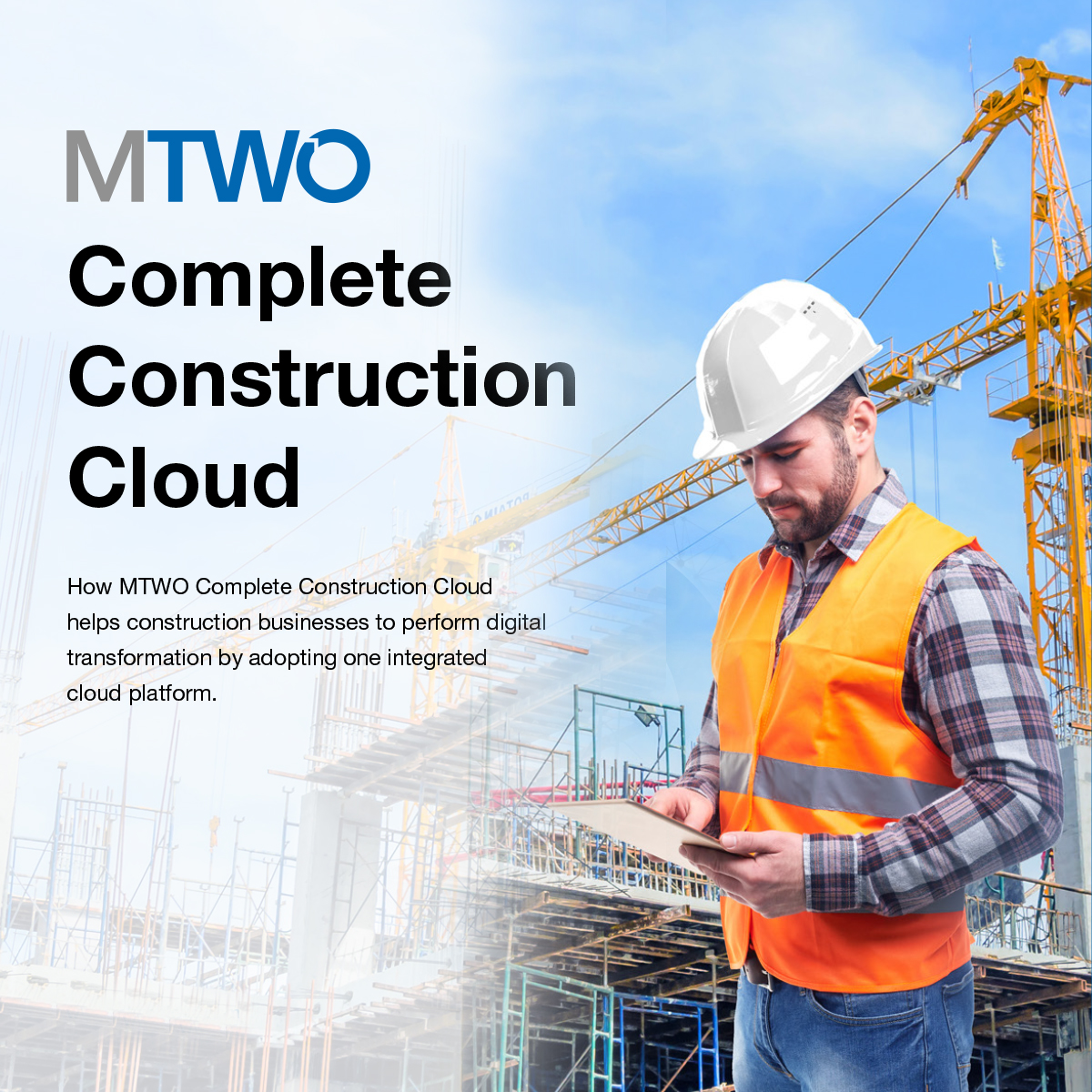
- The new normal of construction is digital
- MTWO Complete Construction Cloud
- One unified platform for project and enterprise digital management
- How to implement the Complete Construction Cloud
Download our free Ebook
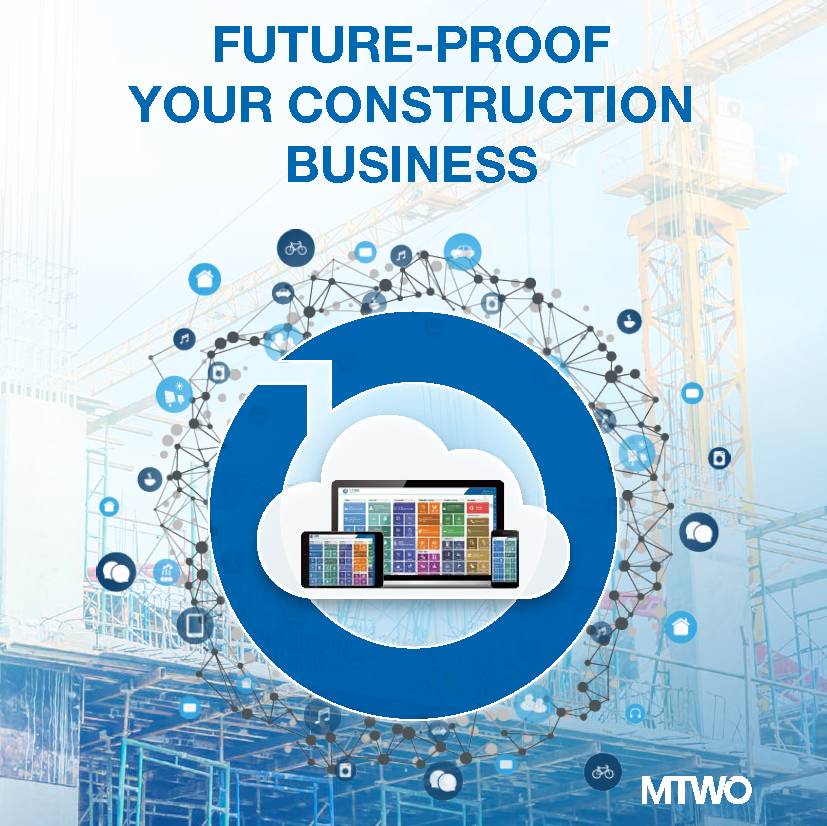
- Putting connectivity and scalability in the center of a long-term digital strategy.
- Adding sustainability to the digital agenda.
- Adopting integrated platform instead of disconnected point solutions.
Download our free Ebook
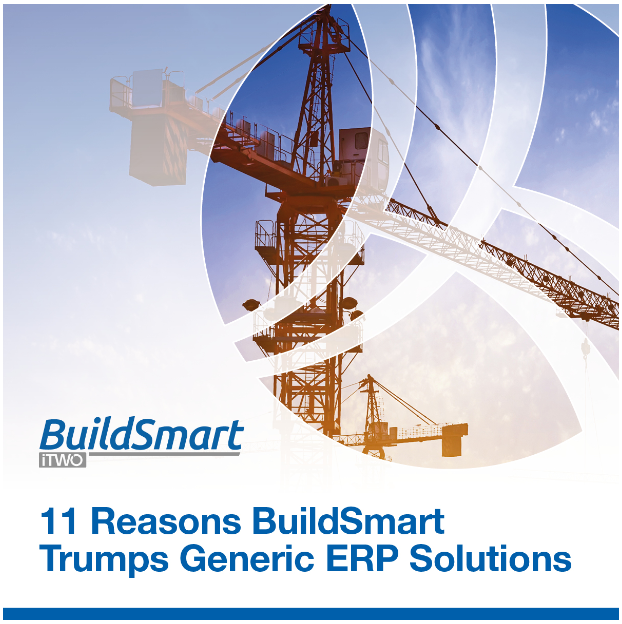
- The Inherent Flaws of Generic ERP
- Build Better with BuildSmart
- BuildSmart Highlights
- The Way Forward
Download our free Ebook
.jpg) Your business will benefit from:
Your business will benefit from:
- Huge time savings in BOQ pricing
- Better Project Planning
- Increase your ROI on all projects
- Detailed bid analysis
- Powerful reporting capabilities
Download our free Ebook
.png)
- What are these 5 pillars?
- Why are they essential to your change management plan?
Download our free Ebook

- Our tips for positioning to win construction contracts against the backdrop of a hungry and competitive construction industry.
Download our free Ebook
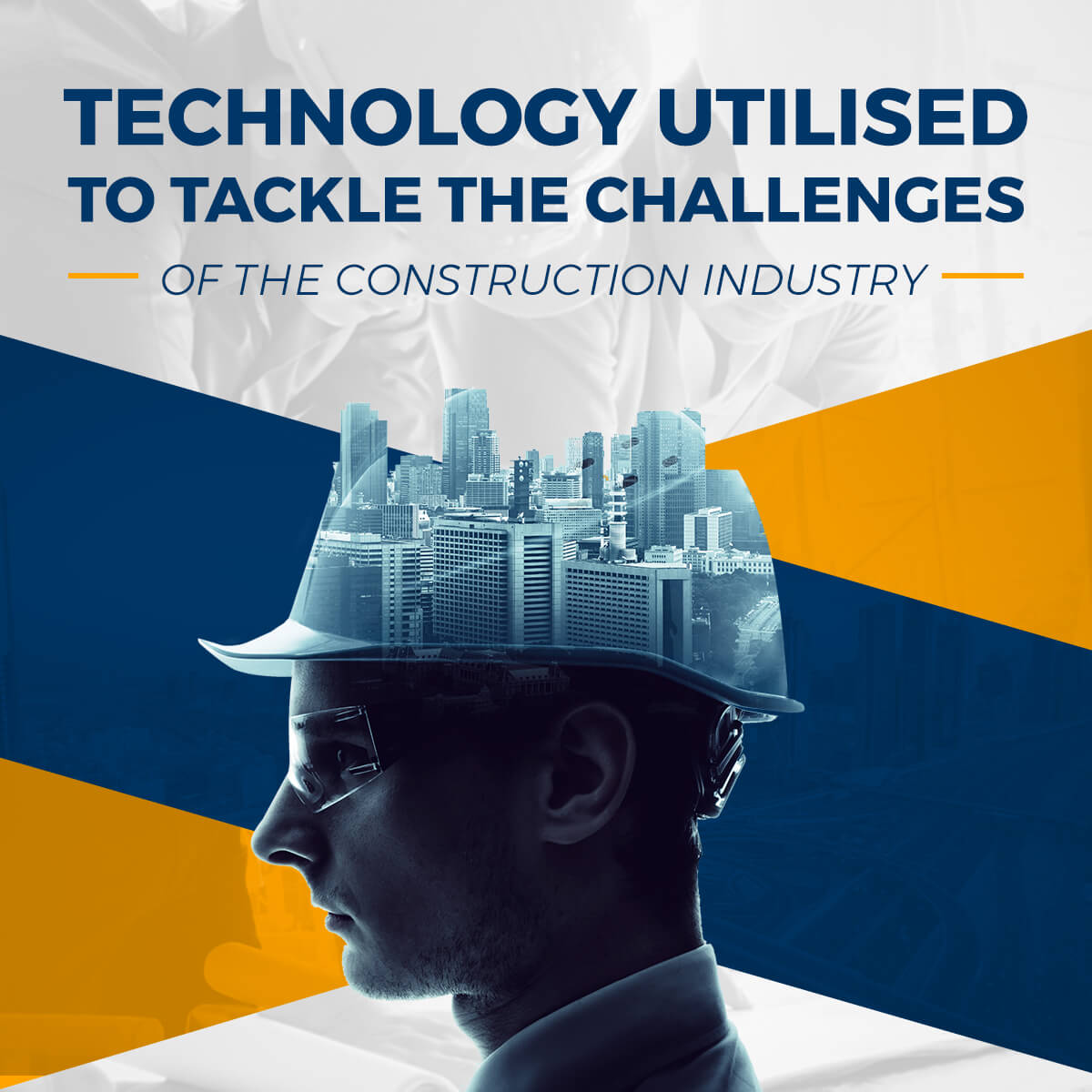
- How Technology addresses the challenges of the Construction Industry
- ‘One source of truth’ as a principle at use in the industry today that provides a totally integrated view of costs, offering a direct impact on outcomes.
- Man, Machine and Money – meaningful links in your construction company
Download our free Ebook
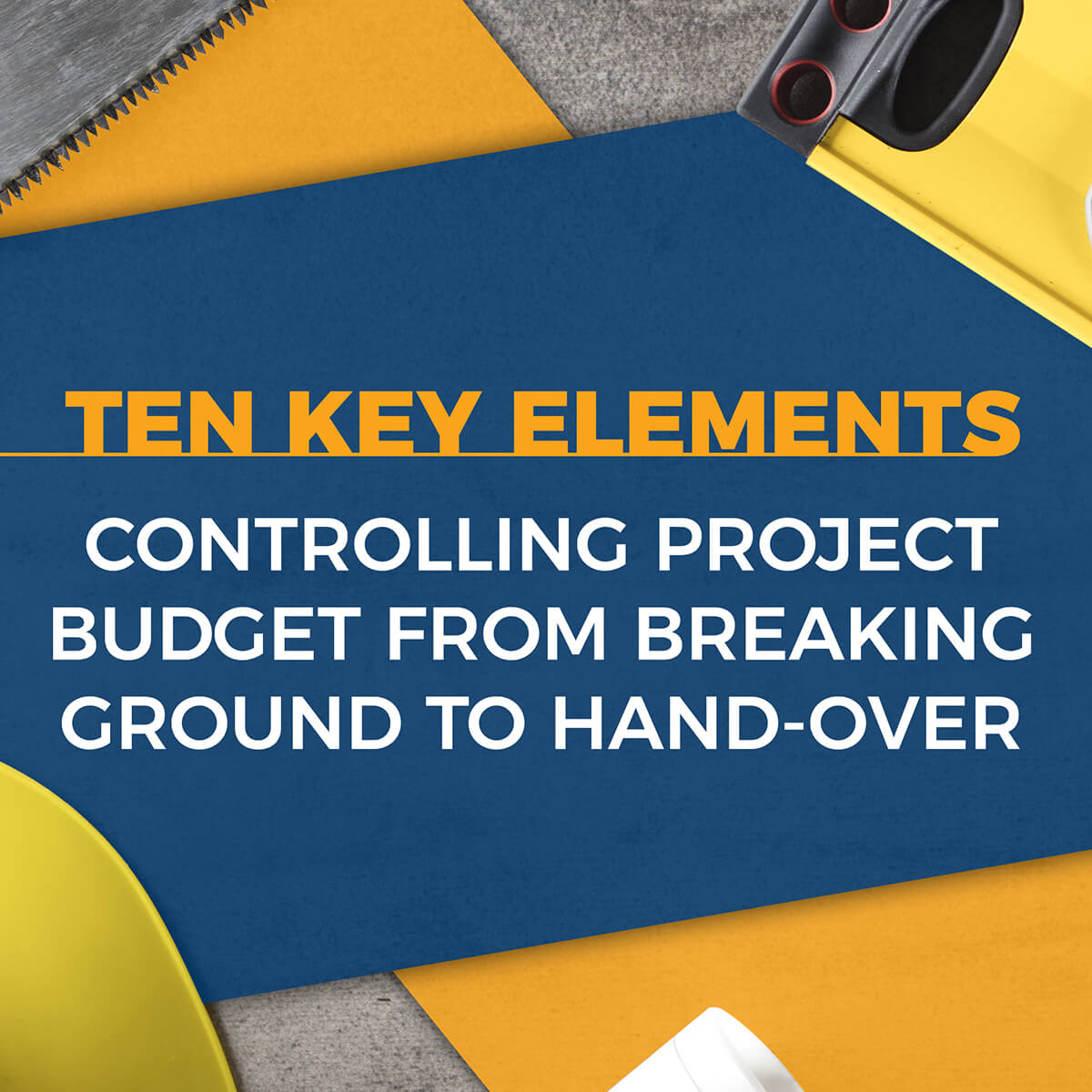
- Learn how to retrieve data that drives control
- Control budgets across projects
- Increase your ROI on all projects
DOWNLOAD OUR FREE TRAVEL PACKING LIST
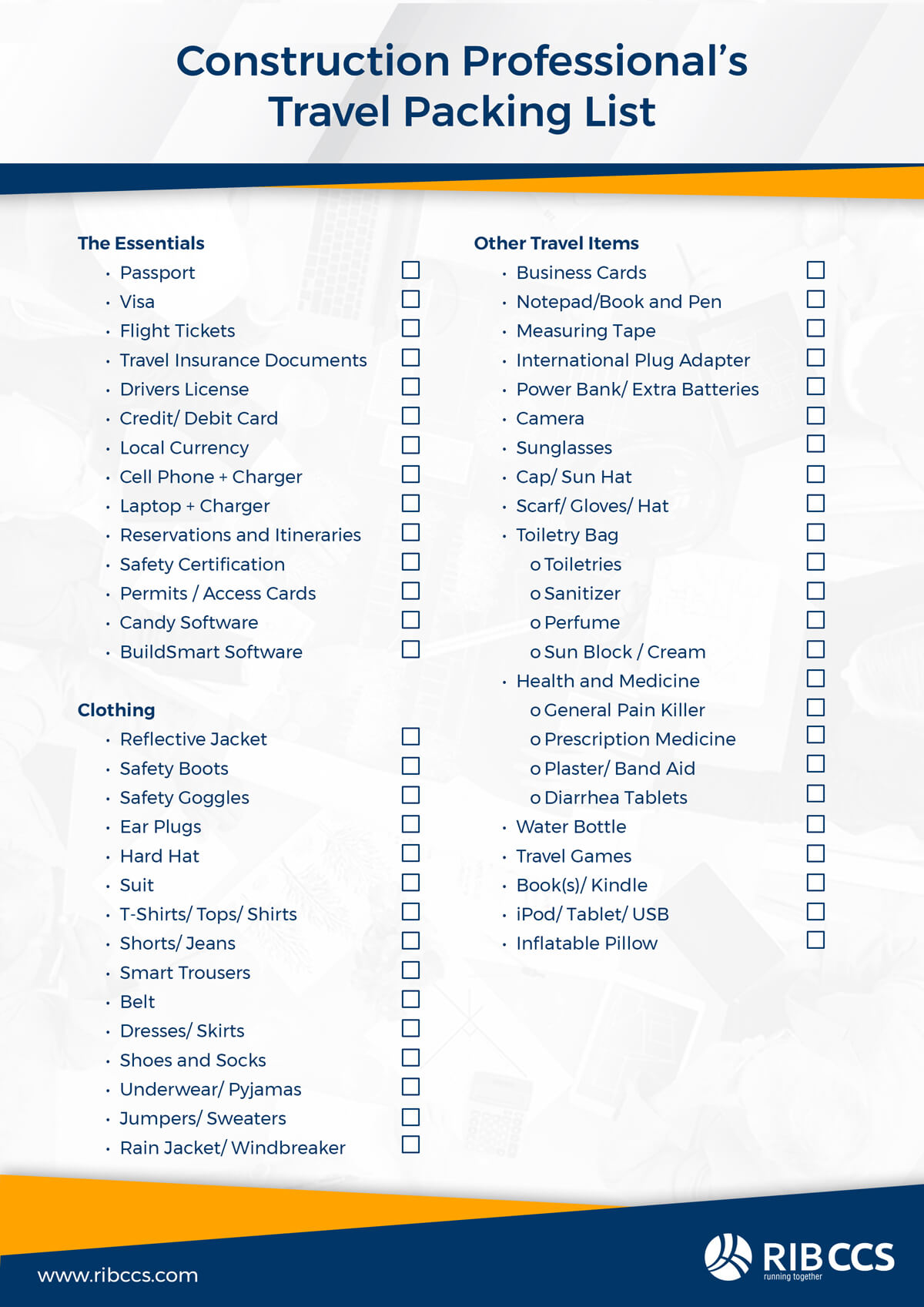 Don’t know what to pack for your
Don’t know what to pack for your next business trip?
We’ve got you covered!
Get It Now




